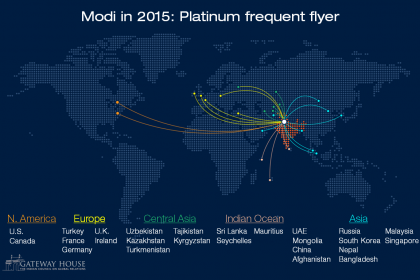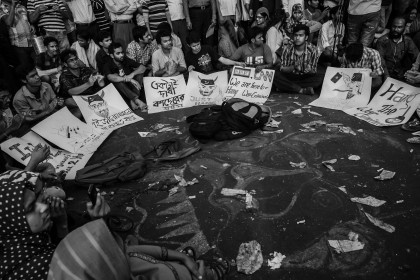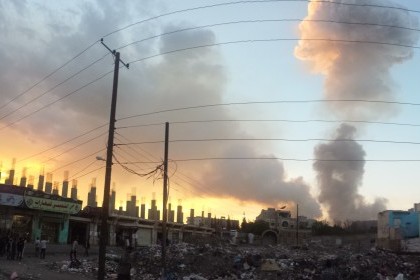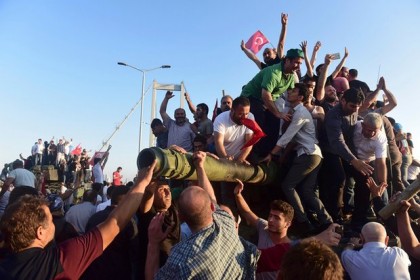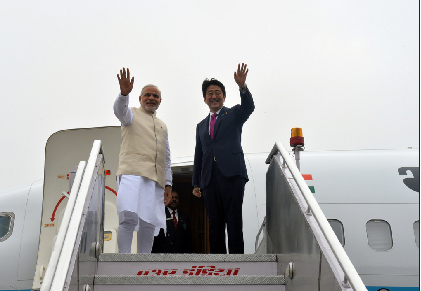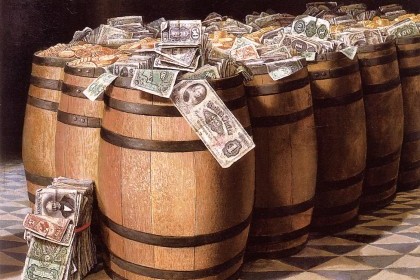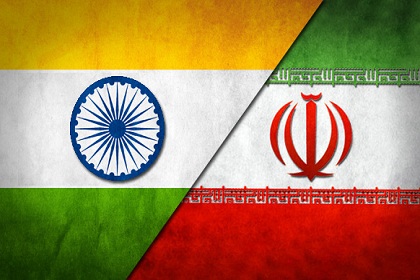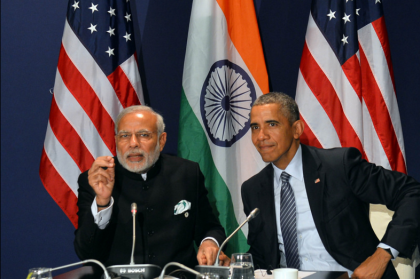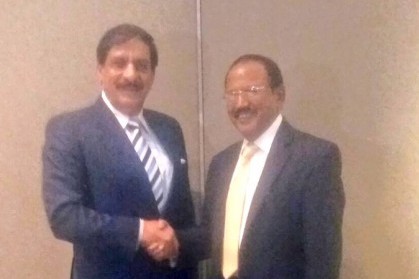The unfolding coup in Turkey demonstrates the instability that the nation has fallen into. Terror attacks like the one in Istanbul airport was the most high profile targeting of Turkey by ISIS and other extremists. This is the outcome of Turkey’s crackdown on internal popular protest, on allowing itself to become the highway for extremists, refugees and weapons to disparate terrorist groups and being a willing proxy for the major powers contending in Syria. The increasing frequency of the attacks in Turkey reveals a similar pathology to Pakistan, which is now in a low-grade civil war. Is Turkey going down the path of Pakistan?

